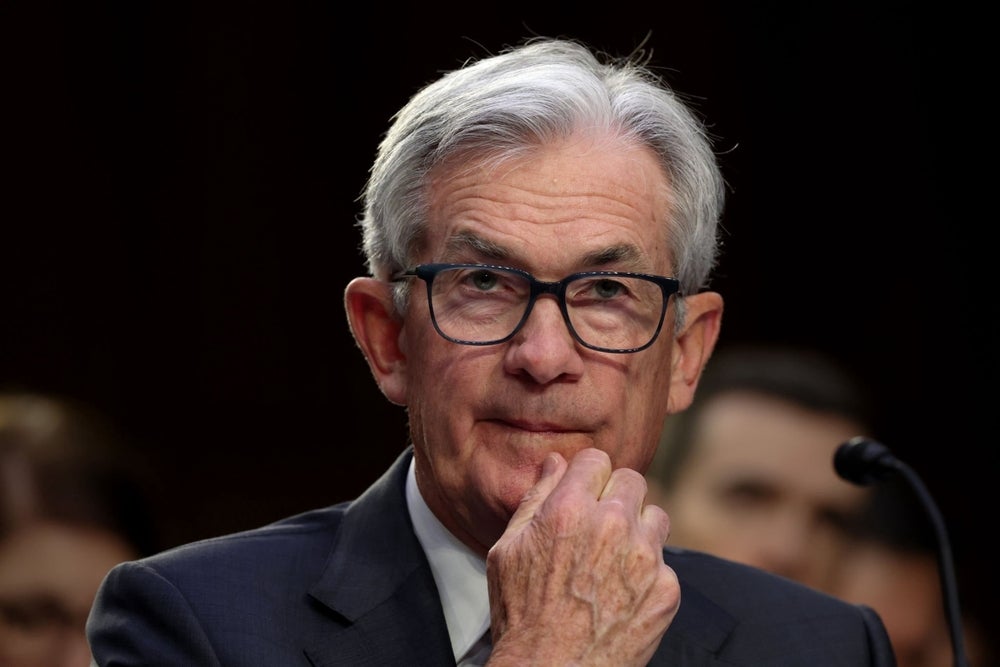The extension of generous purchase subsidies in one of the world’s most critical markets for electric vehicles should boost Tesla stock as well as shares in Volkswagen, analysts at Swiss bank UBS said.
Patrick Hummel’s team of analysts said on Friday that the extension of Germany’s €9,000 ($10,650) subsidy for the purchase of electric vehicles under €40,000 will also benefit the likes of Renault
RNO,
-1.45%,
BMW
BMW,
+1.28%,
Daimler
DAI,
+0.51%,
and Stellantis
STLA,
+0.15%
— the group formed out of the $52 billion merger of Fiat Chrysler and PSA earlier this year.
The subsidy — a major incentive for consumers to switch to electric vehicles — will be extended through 2025 after it was initially set to expire at the end of this year, Germany’s Ministry for Economy and Energy announced on July 8.
The government said it would soon formalize the extension, which should happen this month or August at the latest, according to a report from German business publication Manager Magazin.
Introduced in July 2020, the “innovation bonus” doubled a previous “environmental bonus” government subsidy for electric vehicles. It provides a grant of up to €9,000 for the purchase of fully electric vehicles, called battery-electric vehicles or BEVs, that cost less than €40,000, while giving buyers of hybrids a smaller €6,750 subsidy. For cars that cost more than €40,000, the government provides funding of up to €7,500 for BEVs and €5,625 for hybrids.
Consumer incentives like the one in Germany have played a key role in making Europe a critical market for companies selling electric vehicles.
Europe overtook China to become the largest EV market in 2020 amid a pedal-to-the-metal push from governments to increase adoption. These efforts manifested in generous buyer subsidies like Germany’s innovation bonus, as well as the threat of severe fines from the European Union for automobile makers whose fleets didn’t meet new emissions targets.
While China is back in the top spot so far in 2021, 18 key European markets are expected to see a total of 1.05 million BEV registrations in 2021, according to automotive analyst Matthias Schmidt, the publisher of the European Electric Car Report. That should rise to 1.31 million in 2022, and approach the 2 million mark by 2024, Schmidt said. The 18 markets include 14 European Union states as well as the U.K., Norway, Iceland, and Switzerland.
Germany is by far the most important of these, with more than 115,000 BEVs registered by the end of May making up nearly one-third of the market share, according to Schmidt. And Germany is on track to have more than 1 million electric vehicles — either BEVs or hybrids — on its roads in July.
Plus: This new ‘Tesla fighter’ from Mercedes beats out the Model S on two key measures, UBS says
“We continue to believe the regulatory and political environment in the main European markets will remain favorable for EVs in the years ahead,” said the UBS analysts. “The 4-year extension to the German consumer subsidy is a strong signal, and favors [auto makers] with all-in BEV strategies.”
Among European auto makers, UBS sees Volkswagen
VOW,
+2.70%
as the main beneficiary, because it has “the most comprehensive EV strategy.” According to Schmidt, Volkswagen had more than a 25% share of the European BEV market as of the end of June.
The UBS team said it thinks Renault, Stellantis, Daimler, and BMW will similarly benefit.
“Tesla
TSLA,
+4.12%
is of course also a key beneficiary against the backdrop of its new local production in Berlin, which will go online towards the end of this year,” the analysts added.
Tesla is on the road to reversing dramatic market share losses in Europe this year. The group comfortably dominated in Europe in 2019, when it sold more than 109,000 cars and had a 31% market share in battery-electric vehicles in the region. But Tesla lost its pole position in 2020, dropping behind both the brands of Volkswagen and the alliance between Renault and Nissan
7201,
+1.72%
to make up just 13% of the European EV market, according to Schmidt.
That should change in 2021, the analyst said, with Tesla’s market share recovering to close to 20% as it increases exports to Europe and readies for its Berlin factory to go online.





